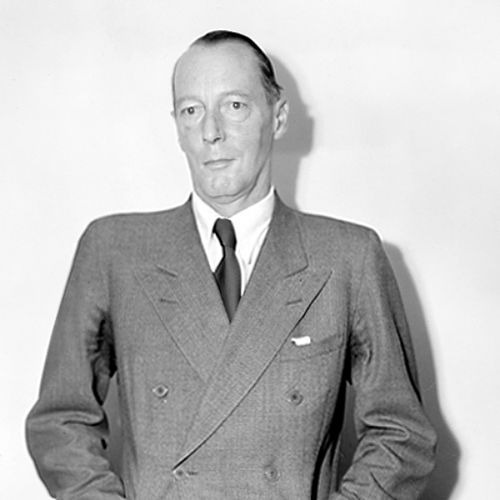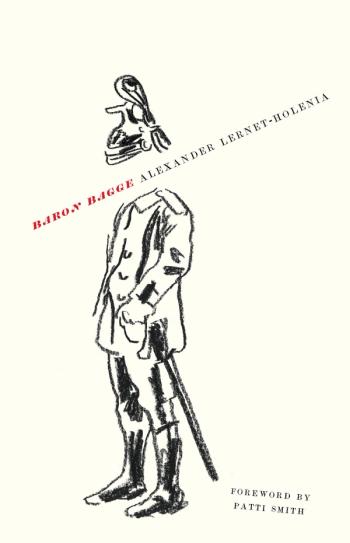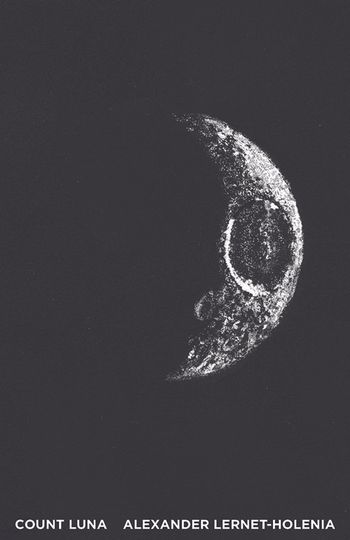Translated from the German by Jane B. Greene
At the start of WWII, Alexander Jessiersky, an Austrian aristocrat, heads a great Viennese shipping company. He detests the Nazis, and when his board of directors asks him to go along with confiscating a neighbor’s large parcel of land for their thriving wartime business, Jessiersky refuses. Yet, without his knowledge, the board succeeds in sending the owner of the land, a certain Count Luna, to a Nazi concentration camp on a trumped-up charge.
Years later the war is over, but after a series of mysterious events, Jessiersky, deeply paranoid, becomes convinced that Count Luna has survived and seeks vengeance; driven to kill the source of his dread, he decides to hunt down Luna—and his years-long chase after the spectral count finally takes him deep into the catacombs of Rome . . .
The nightmare logic of Count Luna comes from deep within Jessiersky’s festering fears and serves up his brooding, insanity-spiced disquisitions—on what the Etruscans knew, on cemeteries as originally “sleeping places”—before coming at last to death itself: “Well, well, well, thought Jessiersky, swallowing hard. So you do die after all. You refuse to believe that someday you will die but then you die. And you don’t even notice it. And yet the fact that you don’t is the best thing about dying . . .”


